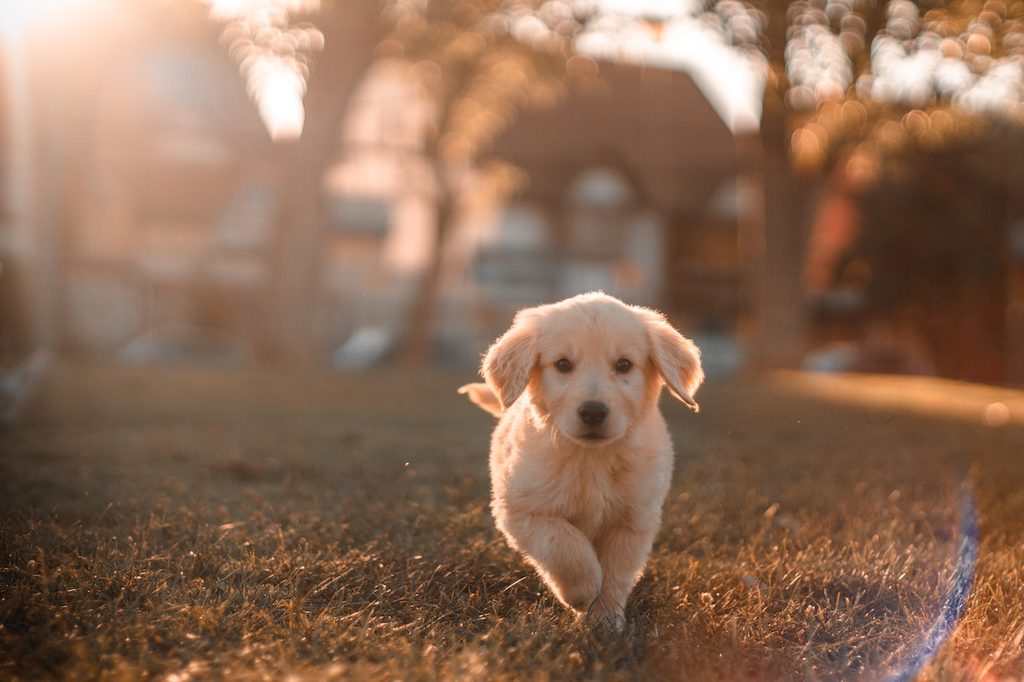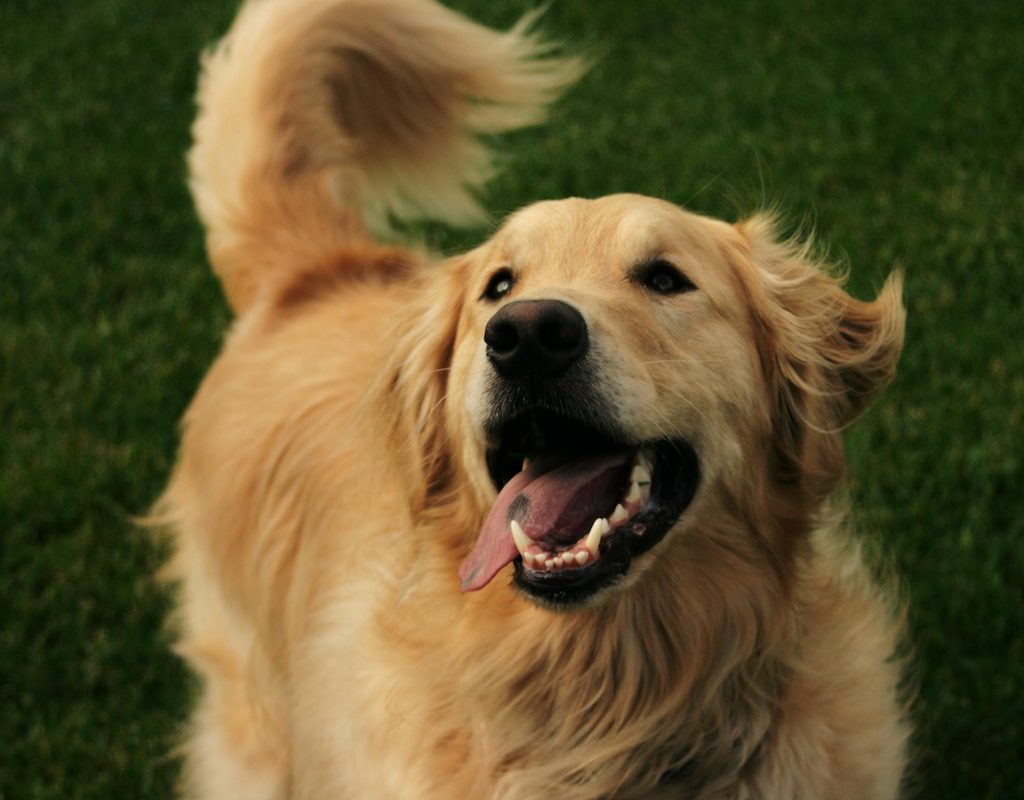
Which breed frequently trends on social, holds a place as one of America’s favorite pets, and often earns the title of therapy dog? If you guessed golden retriever, you would be correct. We all can picture this loyal and lovable face and have hopefully met a sweet golden at some point or another.
While everyone has some idea of what they look and act like, if you want to become a golden retriever expert, you need to understand these fun facts. Here are five things you should know about golden retrievers (especially if you want to adopt one).

They hail from Scotland
Recent research has confirmed that the golden retriever comes from the British Isles, and more specifically, the Scottish Highlands. Interestingly, goldens have only been around since the 1800s, which is far more recent than others that originated in the U.K. Their ancestors were hunters, and now their descendants still often work, especially as service animals. One more thing to note: The golden retriever and the Labrador retriever aren’t all that closely related, so be sure not to mix them up.
These dogs can get mouthy
Nearly all puppies put their mouths on things — it’s how they learn about the world around them. But while lots of dogs grow out of this trait, some breeds keep at it for life, and golden retrievers are one of them. That’s because their ancestors were responsible for fetching waterfowl and other hunting prizes. In modern times, this might manifest as a toy that lives permanently in your pooch’s mouth. If you need them to complete specific tasks as a service or therapy dog, you probably want to work on training this out of them; otherwise, let your animal enjoy carrying sticks.
There are three different coat colors
Officially, you can have a light golden, golden, or dark golden. You might see a bunch of fancy names out there, which can certainly help with choosing a pretty pet, but they’re all just golden retrievers. Along these lines, it’s crucial to be aware of sketchy breeders and puppy mills when seeking such a popular type of dog. Always research carefully, tour the breeder, and meet your pup in advance.

Goldens love food
Many dogs are food-motivated canines, and these guys might take the cake — literally. Luckily, that can actually assist with training since it provides a framework to encourage obedience. Do stay cautious, though, as you certainly don’t want your sweet animal to wind up overweight, a common problem for the breed. Other health issues include hip dysplasia, allergies, and bloat. Keeping on top of their diet and exercise plan will help mitigate all three.
You’ll always have a hiking buddy
In addition to proper calorie intake and nutrition, a high activity level will ensure your golden stays healthy and happy. Don’t worry; Fido won’t let you forget to take him out. These beasties love to run and play. In fact, we recommend up to two hours of exercise per day, depending on age. Keep in mind that this can include walks, dog park visits, or games like fetch.
There’s no one breed of dog (or even species of pet) that works perfectly for every human. However, golden retrievers often make the ideal companion whether you’re looking for a pup as a roommate or an addition to your family. Understanding their history and personality will help you determine if they’re the right choice for you.




